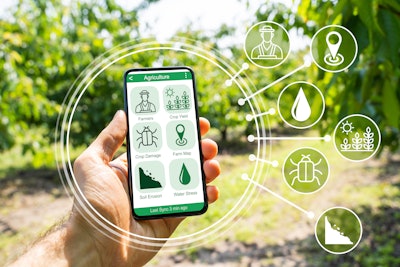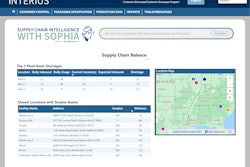
New research from Foods Connected reveals that while 70% of food businesses have adopted some form of AI, few are tapping into, or are aware of, its full potential to drive sustainability efforts.
"We were surprised to see that many businesses don’t currently recognize the potential for AI in supporting ESG goals, considering AI’s capacity to enhance data capture and optimize supply chains to support sustainability goals. AI is at a critical turning point for the food sector in 2025. We know AI can optimize production, streamline operations, and improve customer experiences, but that's just the beginning. Education and addressing the skills gap are key for leaders now when investing in digital infrastructure. AI providers have an important role in educating the industry on this potential. ROI from digital technology isn't always immediately apparent, so it’s crucial for technology providers and data experts to help businesses understand how AI and data can be leveraged strategically, making ROI clearer and reducing entry barriers for those wanting to truly digitize," says Stephanie Brooks, head of research and innovation at Foods Connected.
Key takeaways:
- Food manufacturers are leading the way, with 49% utilizing AI and machine learning technologies at the moment, compared to 36% in food retail.
- The research shows that while 70% of businesses overall are currently using AI in some form, and 96% have set aside budget for future AI investment, there are still significant gaps. Many business leaders (59%) say further investment in training is necessary to close the skills gap, with 96% planning to invest in AI over the next five years.
- As the sector shifts from early-stage trials to long-term investments, the focus is increasingly on integrating AI into supply chains in safe, secure, and sustainable ways.
- While AI has been a part of the agri-food sector for years, its potential is expanding. Advances in generative AI, such as large language models (LLMs), are transforming customer experience, product development, and creating efficiencies across new areas of the supply chain. This progress also offers significant opportunities for meeting sustainability targets.




















